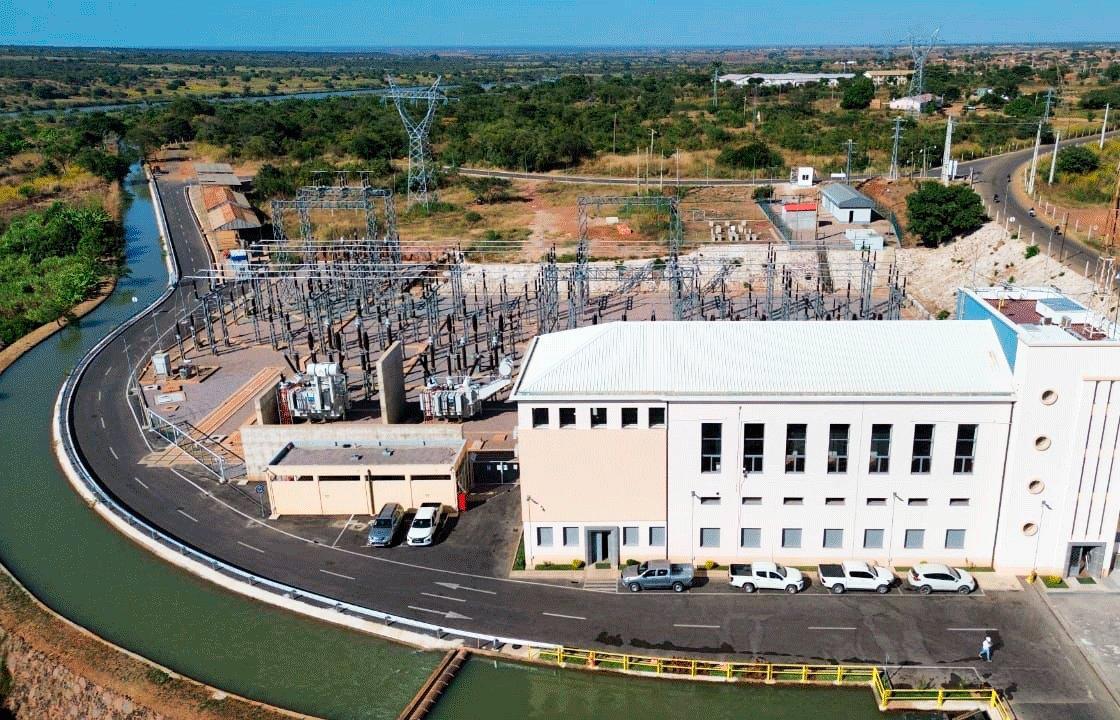Africa-Press – Angola. The President of the Republic, João Lourenço, inaugurated, this Friday, the Matala Hydroelectric Plant, in the province of Huíla.
The dam, which came into operation in 1959, has benefited from rehabilitation since 2019, which has allowed its production capacity to increase from 27.2 to 40.8 megawatts.
The Angolan Executive invested 106 million, 940 thousand, 676, 12 euros in equipment for the Hydroelectric Power Station, substation and electrical network in Vila da Matala, located 175 kilometers from the city of Lubango, capital of the province of Huíla.
The increase in its production is facilitated with the entry into operation of the third turbine and will mitigate the deficit recorded in recent years and improve the provision of electricity distribution services to communities connected to the South interconnected system.
The project will also make it possible to reduce the operating cost of thermal power plants, by reducing fossil fuel consumption and guarantee the continuity of electrical energy production for the next 20 years or more.
Matala is a village and seat of the municipality with the same name. It has an estimated population of 355 thousand 456 inhabitants, making it the second most inhabited municipality in Huíla, after the capital, Lubango.
It is limited to the north by the municipality of Chicomba, province of Huíla, to the east by the municipalities of Jamba and Cuvelai, to the south (Ombadja and Cahama), all in the province of Cunene, and to the west (Gambos, Quipungo and Caluquembe), by Huíla. It is made up of the municipalities of Matala, Capelongo and Mulondo.
The importance of Matala is due to its dam, which supplies electricity not only to the province of Huíla, but also to Namibe, and water for agriculture and livestock.
Its main factor in economic development is the Matala irrigated perimeter, the largest in the country, with a 42-kilometer canal that feeds 10,700 hectares, implemented in 1953, whose functionality was conditioned by the lack of electrical energy.
For More News And Analysis About Angola Follow Africa-Press






